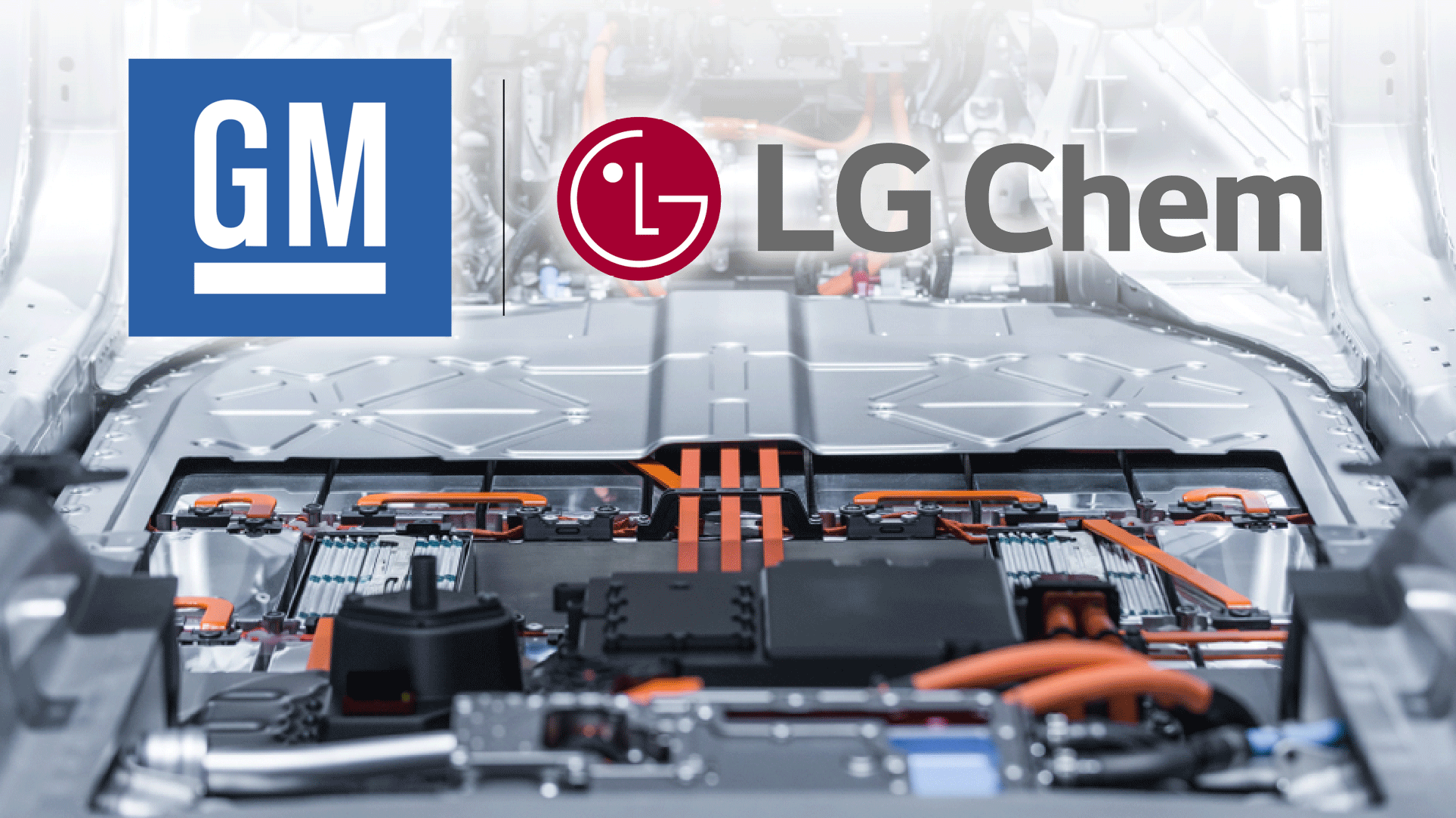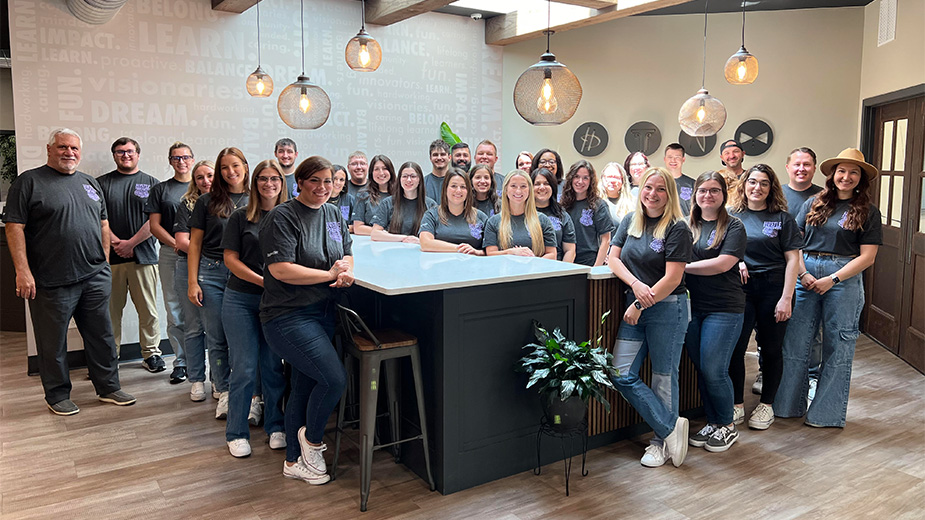GM-LG Chem to Build 2nd Battery Plant, Likely in Tennessee
This story was updated at 9:56 a.m.
YOUNGSTOWN, Ohio – General Motors Co. is looking to build a second electric-vehicle battery manufacturing plant with its South Korean partner, LG Chem Ltd., according to a report in the Wall Street Journal Thursday.
GM spokesman Dan Flores confirmed in a statement released Thursday morning that the joint venture was exploring a second battery factory.
“General Motors and LG Energy Solution, via the Ultium Cells LLC joint venture, are exploring the feasibility of constructing a second, state of the art battery cell manufacturing plant in the United States,” Flores said. “We hope to have a decision on the potential project in the first half of 2021.”
The Wall Street Journal cited in being first to report that GM was eyeing Tennessee for the project, but no final decisions had been made.
GM and LG Chem are in the process of building a $2.3 million battery plant in Lordstown under the joint venture Ultium Cells LLC. The plant is expected to open in 2022 and employ 1,100 workers.
The second plant is expected to be similar in scope, according to the Wall Street Journal.
In January, The Business Journal reported that Ultium Cells acquired another 144 acres from Lordstown Motors Corp. in November contiguous to the site where the Ultium plant is under construction along Tod Avenue, nearly doubling its land holdings there.
The additional land acquisition in Lordstown has raised speculation about a potential expansion at that site, while Akron-based FirstEnergy is in the process of building a separate substation to support the new 3 million-square-foot plant.
GM is likely to need far more battery capacity if it’s able to deliver on a goal of converting all of its new passenger vehicles from internal combustion engines to electricity by 2035.
LG Chem now has a battery cell plant in Holland, Michigan, that supplies power to the Chevrolet Bolt hatchback and the new Bolt electric SUV.
Industry analysts have said that automakers face a global shortage of batteries as the industry moves away from gasoline powered vehicles. Most of the world’s batteries are built in China and other countries.
Last year full battery electric vehicles accounted for only 2% of the U.S. market of 14.6 million in new vehicle sales. But automakers are set to roll out 22 new electric models this year and are baking on wider consumer acceptance.
The consulting firm LMC Automotive predicts that U.S. battery powered vehicle sales will hit over 1 million per year starting in 2023, reaching over 4 million by 2030.
The Associated Press contributed to this report.
Copyright 2024 The Business Journal, Youngstown, Ohio.


